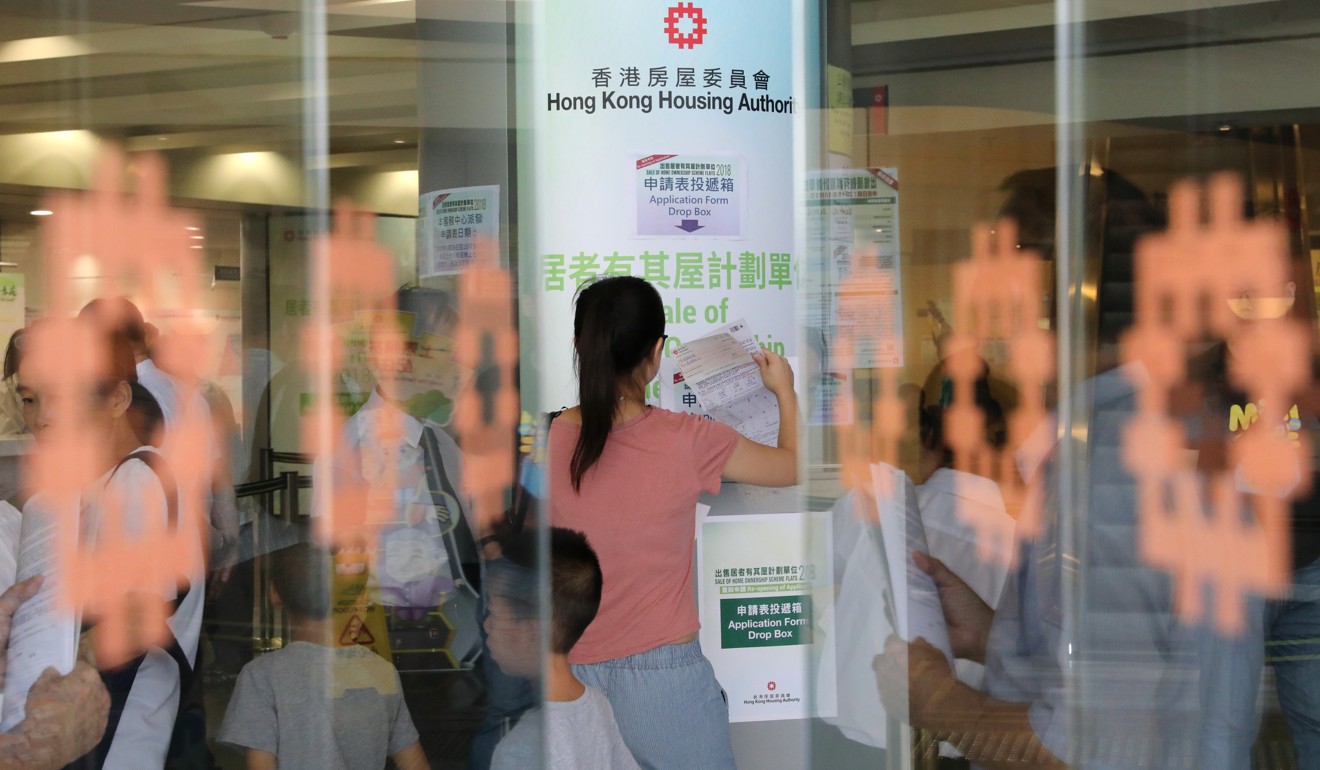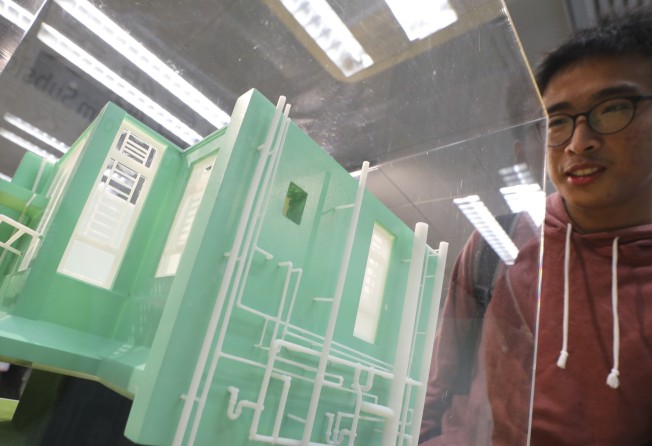
Look elsewhere for a sense of belonging as affordable housing becomes Hong Kong’s ‘mission impossible’
- With land supply issues and a growing demand for homes, there’s no magic wand for the city’s property woes

For a mixture of reasons, home ownership has been always seen by different administrations as a critical factor for instilling a stronger sense of belonging to our city, especially among young people.
Unfortunately, this has become more of a “mission impossible”, and is worth reflecting upon.
Over the weekend, it came as both good and bad news to the many “shell-less snails” in this city – Hongkongers who can neither afford a home in the private market nor secure a subsidised flat – that the government, in a major policy shift, would make sure 70 per cent of new homes built over the next decade would be public flats for rent or sale.
While the new 70-30 split between public and private flats – an increase of 10 percentage points for cheaper housing in the equation – sounded encouraging, it was not without a negative impact in terms of the basic market rule of supply and demand.
There are now 270,000 applicants queuing up for public rental housing, taking the waiting period to a historic high of more than five years.
Meanwhile, due to the lack of immediately available land, the total supply of both public and private flats in the coming 10 years has been reduced to 450,000 from the original target of 460,000. The lower target means 315,000 flats will be built for public housing while the remaining 135,000 will be allocated to the private market.
Just as the figures may be dry, the reality is hard to swallow: common sense suggests that the total supply in future will go down rather than up, and the reduced supply of private flats is worrying.

Property prices are more likely to keep rising, regardless of the US-China trade war dragging on, as it won’t change the prospect of a supply shortage. And if the economy does get worse, it will only drive more potential buyers away from the private market to public housing.
In a nutshell, the government’s housing burden will only keep growing in such a vicious cycle. How, and to what extent, the ratio change can really help those in need of housing remains a question mark.
The biggest irony here is that when it comes to this long-standing housing headache, people tend to set aside their usual belief in a “small government”, or in the powerful invisible hand of the free market, and pin their hopes on a bigger government role and intervention in the market.
There are well-argued reasons for such expectations, since the government is Hong Kong’s biggest landowner.
When and how many pieces of land should be auctioned off to developers always involves political considerations, rather than being driven by purely commercial and economic concerns. The annual land auction planning provides the government with an opportunity to macro-adjust the property market.
But while different people have different views on what government should or should not do, the common consideration must be that officials have no magic wand to conjure up a quick fix simply because land supply can never catch up with the growing demand, not to mention the time it takes to build homes.
Chief Executive Carrie Lam Cheng Yuet-ngor’s ambitious but controversial Lantau Tomorrow blueprint, which entails reclaiming 1,700 hectares of land, could be the last resort. And again, it will take decades for this new metropolis to be built.
Home ownership is a critical problem for so many Hongkongers, but the more it comes attached with political strings, the more difficult it becomes to find a solution.
At the end of the day, it’s never too late to think of other means to cultivate Hongkongers’ sense of belonging besides owning a home.